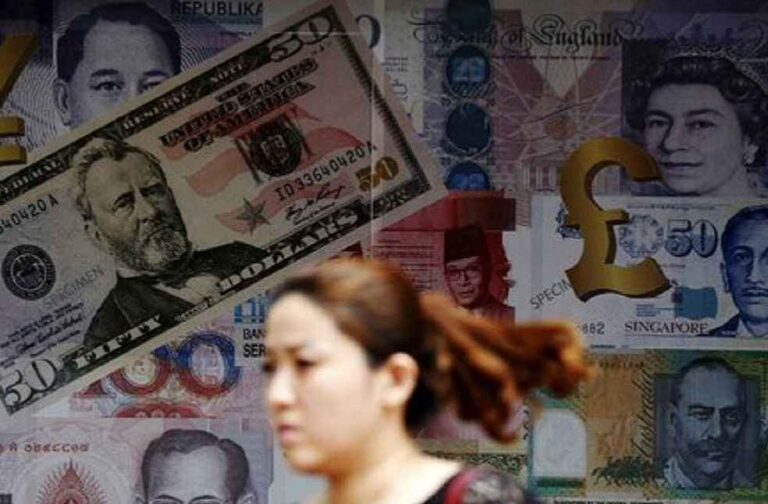The International Monetary Fund (IMF) forecasts 4.6% economic growth for Asia in 2024, highlighting risks from trade tensions, China’s property sector issues, and potential market turbulence.
In its regional economic outlook, the IMF warned that price pressures from China could heighten trade tensions by affecting industries in neighboring countries with similar export structures. It urged Beijing to adopt policies for a more demand-driven recovery, noting that a significant slowdown in China could impact both regional and global economies. China’s growth forecast for 2024 was adjusted to 4.8%, slightly up from April’s estimate but down from last year’s 5.2%.
“China’s policy response is critical,” the IMF report stated, calling for measures to adjust the property sector and boost private consumption to mitigate risks.
The IMF’s growth projections for Asia were revised to 4.6% for 2024 and 4.4% for 2025, benefiting from expected global monetary easing to stimulate demand. However, these figures remain below Asia’s 5.0% growth in 2023.

Risks are ’tilted to the downside,’ with previous monetary tightening and geopolitical tensions likely to dampen global demand, raise trade costs, and unsettle markets. The IMF expressed concern about escalating tariffs between major trading partners, which could deepen trade fragmentation and hinder regional growth.
With the U.S. presidential election approaching, there is apprehension around Donald Trump’s proposed 10% tariff on all imports and a 60% tariff on Chinese goods, moves analysts say could disrupt global supply chains.
“It’s clear tariffs, non tariff-barriers and domestic content provisions are not the right solutions, since they distort trade investment flows and undermine the multilateral trading system,” said Krishna Srinivasan, IMF’s Asia and Pacific Department Director. “At the end of the day, these kind of measures will lead to higher prices being paid by consumers and investors.”
The IMF also raised concerns about potential financial market volatility, warning that sudden changes in expectations for U.S. Federal Reserve interest rate cuts and gradual hikes by the Bank of Japan could cause sharp exchange rate adjustments, impacting broader financial markets. While moderate volatility may not necessarily harm the economy, significant fluctuations could undermine consumer and investor confidence.

The IMF urged Japan to fund any additional spending within its budget to avoid further debt, as Japan’s central bank may start raising interest rates as part of monetary policy normalization. Japanese Prime Minister Shigeru Ishiba has committed to another spending package to ease living costs, though funding sources remain unspecified. The IMF advised Japan to keep new fiscal initiatives within the budget, avoiding additional debt burdens.
“Given monetary policy normalization, Japan needs to focus on fiscal consolidation,” Srinivasan remarked, warning against further borrowing for new initiatives.
The Bank of Japan (BOJ) recently maintained ultra-low interest rates but signaled conditions may allow for future rate hikes. BOJ Governor Kazuo Ueda reaffirmed the bank’s commitment to raising rates if Japan makes progress toward a 2% inflation target.
POLICY & LAW | Russia’s Grain Export Limits Spark Market Uncertainty, Raise Import Prices



